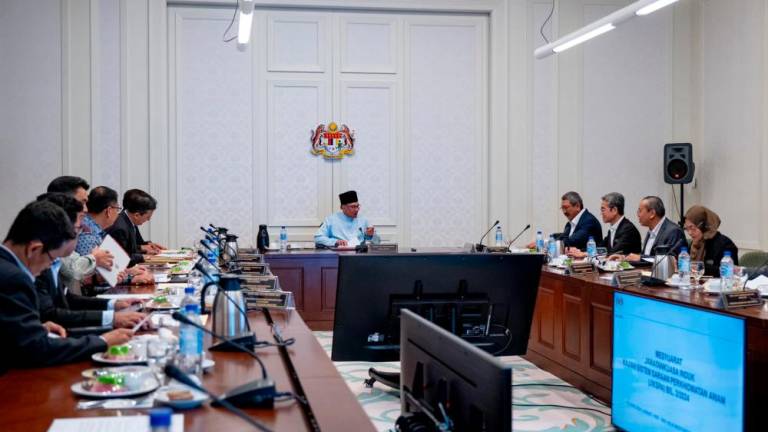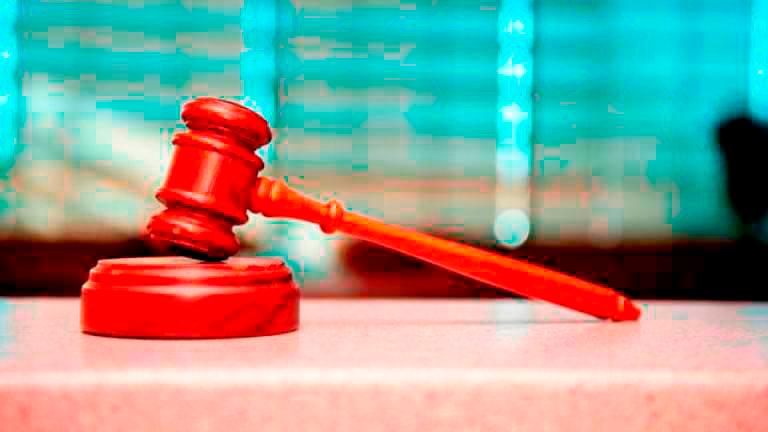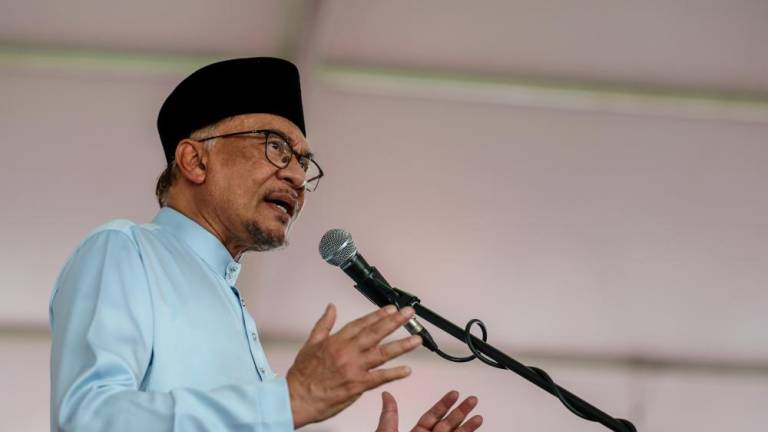PETALING JAYA: Dodging taxes is deeply ingrained in any culture, but introducing just any move to raise collection may backfire.
For instance, imposing taxes on stocks and shares held by companies and individuals could drive away investors, an economist said.
Since taxes were first imposed, rich and poor alike have understated their income or overstated their expenditure to avoid or minimise their obligation.
Sunway University economist Dr Yeah Kim Leng said even the best designed taxation system would not be good enough to dissuade people and businesses from avoiding the taxman.
He pointed out that even if all the loopholes were plugged, people would not stop looking for other ways to pay less, or not at all.
However, there are pitfalls that must be avoided in any attempt to raise revenue for the government through taxation, he said in response to a proposal by a PAS official for new measures to improve tax collection.
Mazil Noor, vice-chairman of the party’s economic, real estate and entrepreneur development committee, has proposed several ideas, such as imposing taxes on the value of stocks and shares and reintroducing the Goods and Services Tax (GST).
In the recently released Pre-Budget Statement, the Finance Ministry stated that as of July, the government collected RM67.4 billion in direct taxes, accounting for 56.2% of its target.
A total of RM24.8 billion was collected in indirect taxes in the same period, which was 59% of the targeted sum.
Yeah said people want to feel that they get the benefits too if they have to pay taxes.
He said one way to increase tax collection is to widen the tax base but reduce the rate so those who have to pay will see it as less of a pinch.
“One major dilemma for the government is how to collect more taxes without hurting the people.”
He said of the many ideas that have been bandied about, targeting stockholders is unwise.
“Some shares may not earn dividends, so why should people who own them pay taxes? Some people may have borrowed to invest in the stock market. Imposing taxes would only increase their debt burden.”
Yeah added that it would also discourage investments in the stock market, which would have a negative impact on the economy.
He noted that share prices fluctuate, and one may end up selling at a loss.
“In that case, should you still pay taxes or should the government reimburse you for the loss?”
He said imposing taxes on corporate savings and cash is also a bad idea.
“They will just move their money into other investment tools such as gold.”
Yeah said the government could instead focus on the digital economy to level the playing field for online and brick-and-mortar businesses.
“The digital economy is a growing source of tax revenue. We just need to know how to collect it from giants such as Amazon and Facebook, that make money here but do not pay taxes here because their headquarters are somewhere else.”
He said reintroducing GST is also a good option, but it should not be done yet.
Tax advisor Thenesh Kannaa said the government should strike a balance between its fiscal sustainability and the country’s competitiveness.
“We don’t want to force local companies to move abroad just to list shares. When taxing shares, we must decide on what type of tax to impose so as not to have an impact on competition.”
“We cannot simply impose taxes because it may have an impact on the country’s economic productivity, or drive investors away,” he said, adding that ultimately, the government should resolve economic problems first.














